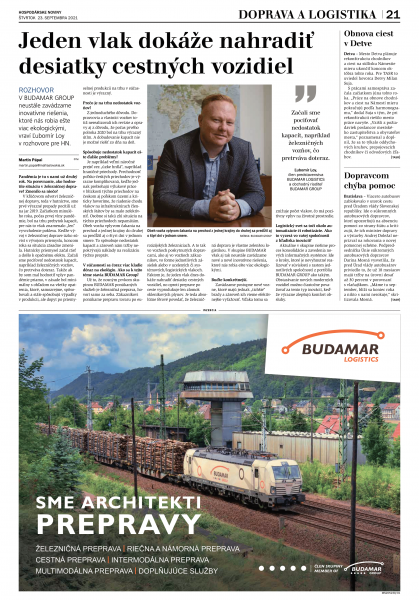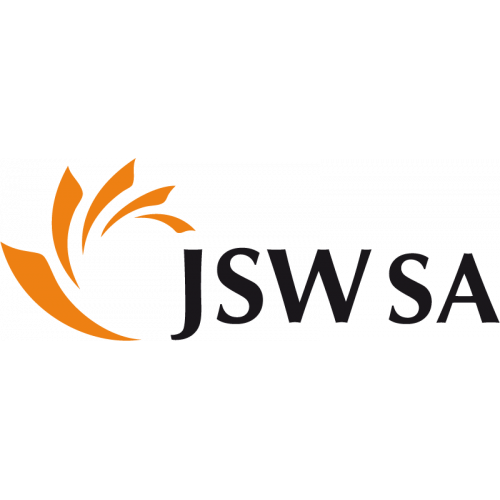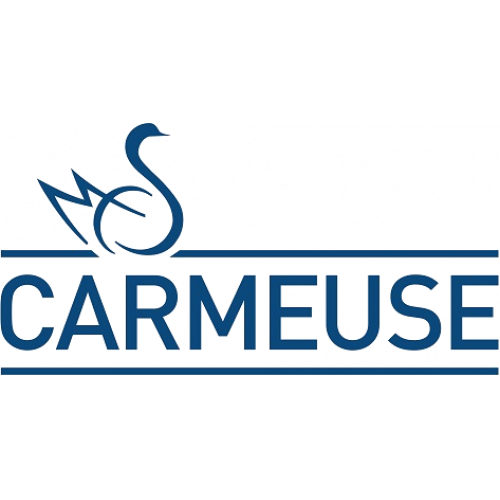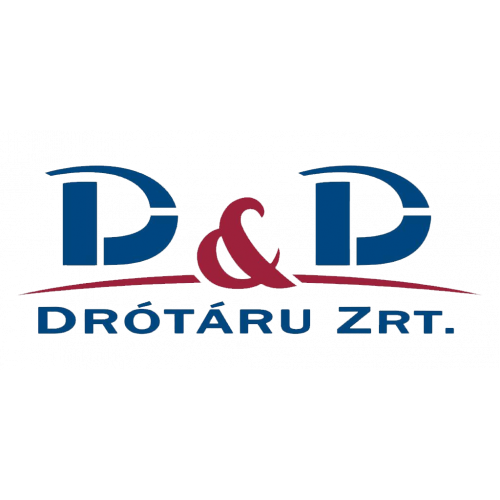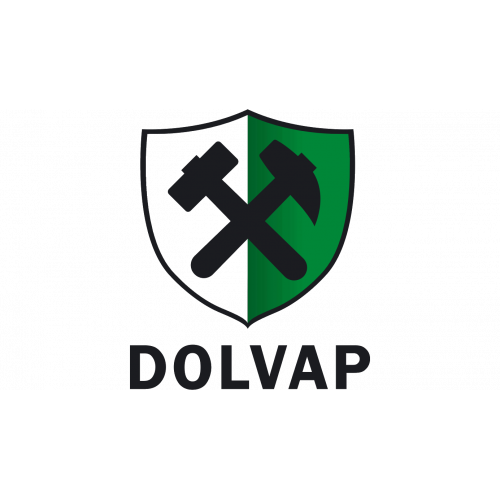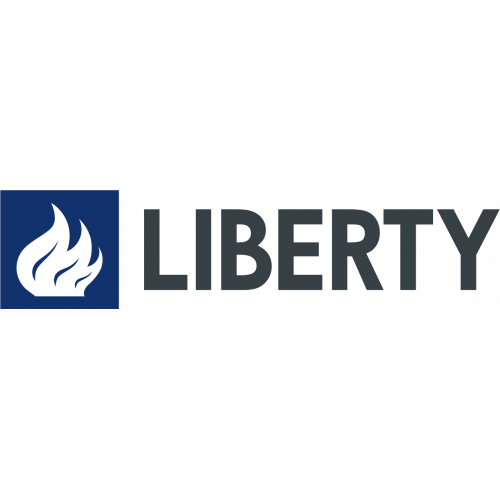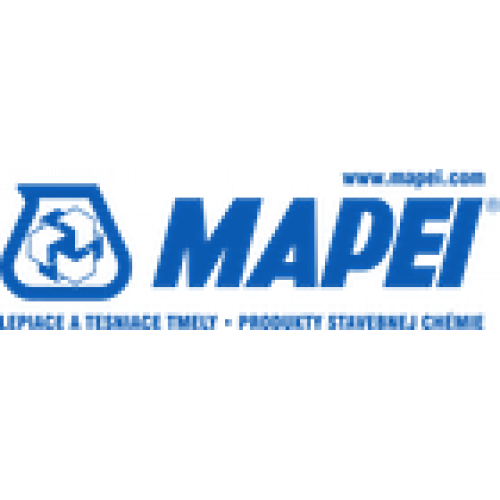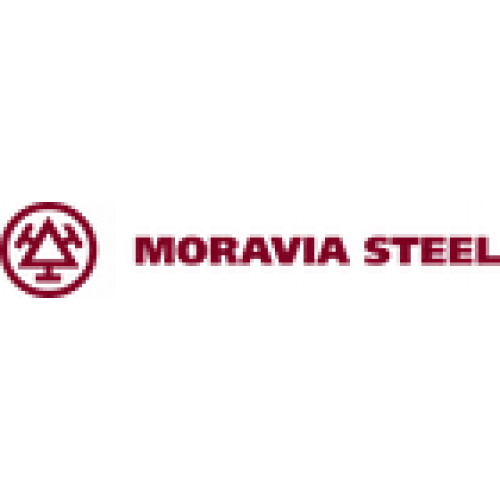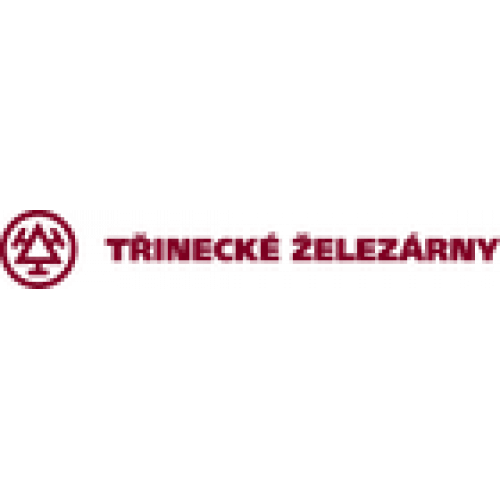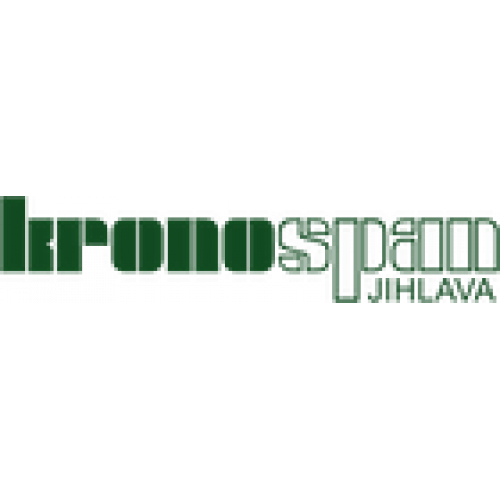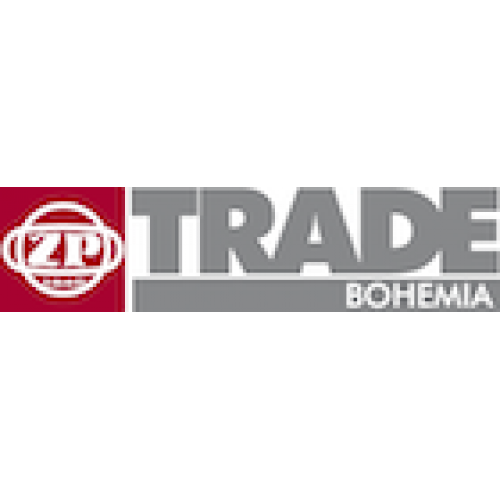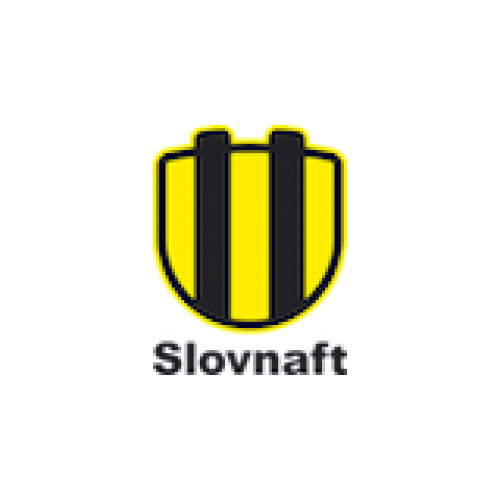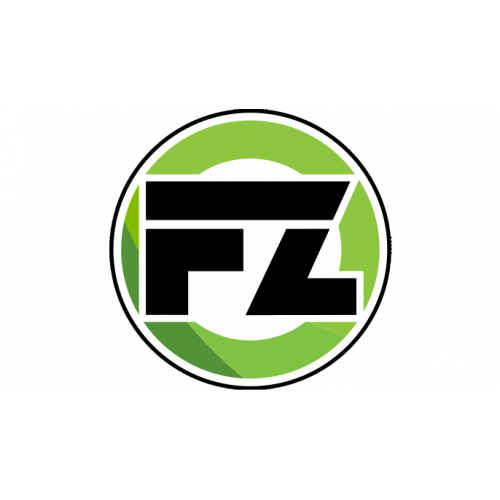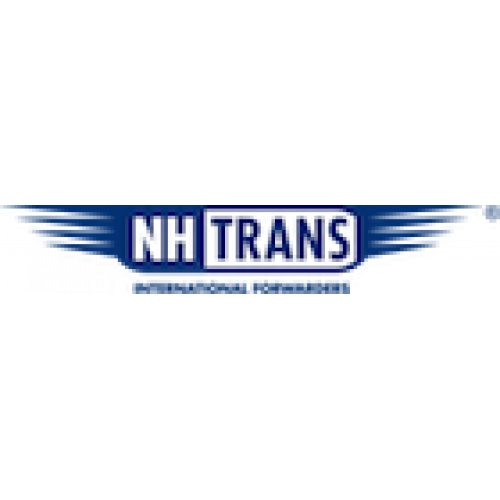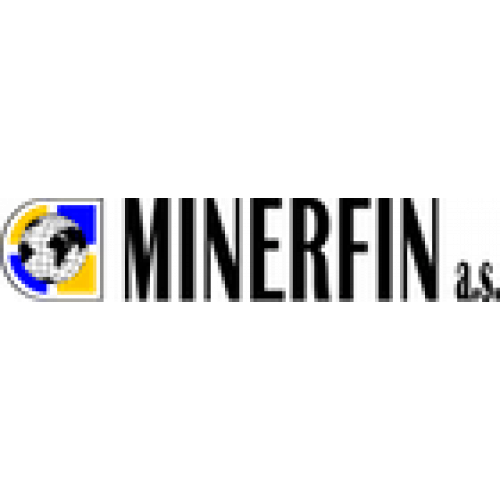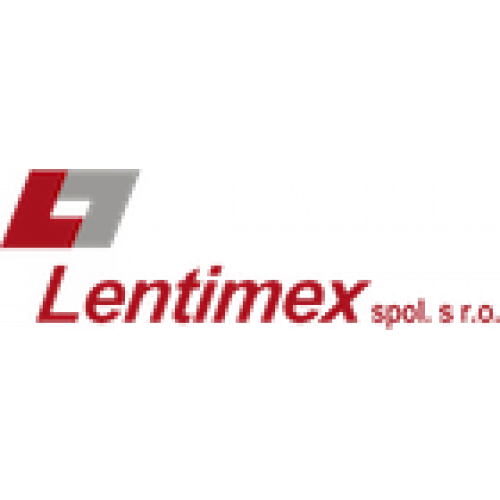In the BUDAMAR GROUP, we continuously implement innovative solutions that make us yet more ecological, says Ľubomír Loy Member of the Board of Directors at BUDAMAR LOGISTICS and CCO of BUDAMAR GROUP in an interview for the economic newspaper, Hospodárske noviny.
It is now the second year of the Covid pandemic outbreak. If we compare these two difficult years, what is your view of the current situation in the railway transport industry? Has anything changed?
In metallurgy – which is a key segment of railway transport – we felt the first major slumps as early as the early spring of 2019. At the beginning of last year (2020), during the first wave of the pandemic, there was a surplus of capacity on the market. However, for us, this „only“ meant a peak of the slump. Considering that the development of railway transport is closely linked to the development of other industries, at the end of the year, the situation changed fundamentally. The metallurgical industry started to grow and an opposite effect occurred. We started to feel a lack of capacity, for example a lack of railway wagons which persists to this day. So, to sum up, if I was to evaluate the direct impact of the pandemic; it was basically minimal, considering all the precautions which, of course, have caused, and keep on causing, production shortages. But the demand for industrial production on the market is currently significant.
There is a shortage of wagons on the market. Why?
The reason is simple. The carriers and wagon owners did not carry out their ongoing maintenance and repair works. This happened because of the significant market downturn experienced during the first half of 2020. And it is not possible to increase new capacities overnight.
Is the lack of capacity causing other issues?
For example, it is very challenging to pass through so called „narrow throats“ such as border crossings. The passability of Czech-Polish crossings is significantly complicated as there are ongoing construction works near the crossings (on both from Polish and Czech side). With concern, we also call for better and more efficient railway traffic management in the member states. Personally, I do not remember such a bad situation at these crossing points. Increased waiting times on border crossings cause increased train rotation – up to four days one-way. This causes lack of capacities and, moreover, our revenues do not cover the costs of such transports.
Currently, the importance of ecology is increasing. What is the attitude of the BUDAMAR Group?
The fact that the core business of the BUDAMAR group is railway transport speaks for itself. We offer the customer the transport of goods via Euro-Asian railways, either by using wagons of carriers; or the customers’ own wagons in the form of individual shipments; in compact, or systematic/ logistic trains. The fact is that a single train can replace dozens of road vehicles but, compared to road transport, it produces only a fraction of greenhouse gases. Therefore, it is absolutely fair to say that railway transport is actually greener logistics. In the BUDAMAR group, however, we constantly implement new and innovative solutions which make us even more ecological.
Try to be more specific about this.
Step by step, we introduce new wagons, which have "quieter" brakes and we can also use them in a more efficient way. This results in a reduction in the number of the trains which has a positive impact on the environment.
The world of logistics revolves around automation or robotization. What does this look like in your company from the innovations point of view?
In the Group, we are currently dealing with the process of consolidation and the introduction of new IT systems. These steps must be taken hand in hand with the individual growth of the companies under the BUDAMAR GROUP. The procurement of new modern vehicles can be considered, in part, as this type of innovation, as they greatly improve the comfort of operations.
What are the future plans of the company? What are you currently working on or what are you preparing that’s new?
We continually work on new projects – fleet replacement, goods handling innovations and so on. We also plan to expand our „carriers family“ to other EU countries.

